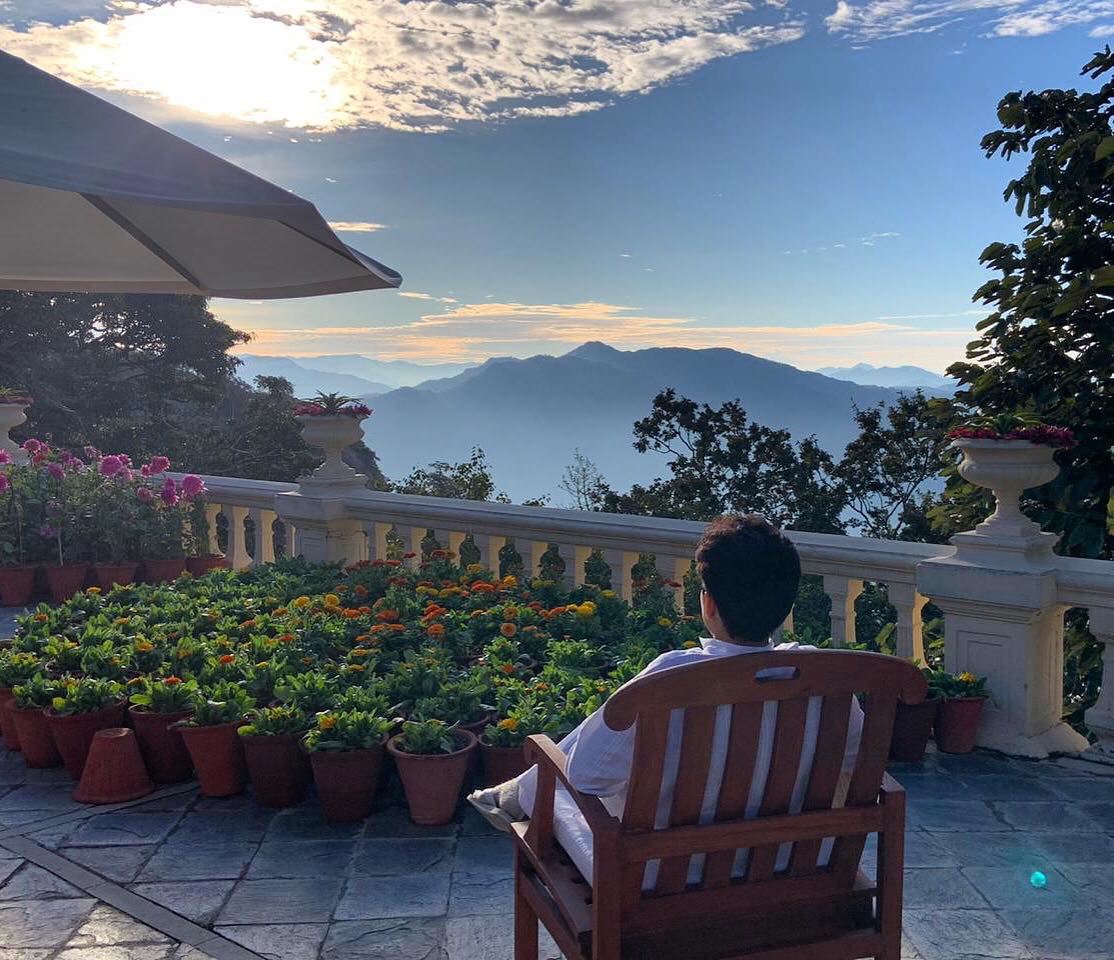Published in the Sunday Vijay Karnataka on 06 October, 2024
Curious, I asked him why. He replied, “If I stop at the red light, the rule-breakers behind me will honk, expecting me to give them space.
This incident happened many years ago when Veena World was just starting. We were all working together, shaping the organization. It felt like a blessing to have support from everyone, which gave us the strength to continue. One day, our friend Neelu Singh visited. After chatting, she said, “You’re completely immersed in all this work! Take a break. Join me this weekend at the Tata Institute of Social Sciences Auditorium in Chembur. There’s a great program. You’ll enjoy it. Do something a little different.” So, we went.
Back then, there were no videocasts or podcasts, and YouTube hadn’t caught on. We would attend events to hear insights from prominent personalities. As Neelu predicted, the program was excellent. That evening was memorable, but as time passed, I forgot the details of the event. However, two key points from the former Managing Director of Tata Industries Limited, Mr. Kishore Chaukar’s speech stayed with me. We’ve since integrated these into Veena World’s core values and they remain an important part of our yearly diary.
The first takeaway was about sustainability. Mr. Chaukar said, “We talk a lot about global warming, water conservation, and resources. But unless I make the effort to turn off the water tap while brushing my teeth every morning, these discussions mean nothing.” His words felt like an eye-opener. Although we were careful about not wasting water, this made us introspect deeper. As a result, we even adjusted the force of water in our washbasins and became more mindful about wastage – not just water, but in other areas of life as well. It has made a noticeable impact on our overall lifestyle.
The second point was like hitting the jackpot. Mr. Chaukar shared a personal experience. Once, regarding a certain issue, he sought Mr. Ratan Tata’s opinion. He explained the case and mentioned the steps he intended to take. Mr. Tata asked, “Are you legally right?” Mr. Chaukar replied, “Yes, sir!” Then, Tata asked, “Are you ethically right?” Again, Mr. Chaukar answered, “Yes, sir!” Finally, Tata asked, “Are you morally right?” This question made him pause. Though uncertain, Mr. Chaukar still said, “Yes, sir!” Tata then told him, “Then go ahead!”
Afterward, Mr. Chaukar looked up the exact difference between ethics and morals. His insights solved many dilemmas I had faced. We all know the difference between legal and illegal. Being ‘legally right’ means operating within the laws created by the state. Ethics, however, are the rules or codes of conduct established by our organization. If we are part of an organization, we must follow these principles. When we act according to these guidelines, we are ‘ethically right.’ But being ‘morally right’ is different. Morals are the personal rules, boundaries, and disciplines we set for ourselves. No one imposes them on us, and that’s why they are so significant. Being morally right requires personal accountability.
In our leadership meetings, I often ask how many of us stop at a red traffic signal, even when the road is empty. Initially, everyone raises their hands. I feel proud, thinking, “What an ideal team!” But then, someone pipes up, “Well, there’s a camera there!” It took a moment for the realization to hit me – people follow the rules not out of moral responsibility, but out of fear of being penalized.
Prakash Iyer beautifully elaborates on this concept in his book. He emphasizes that we should stop at a red signal not because someone is watching or because we fear a fine, but because it’s the right thing to do. This mindset should be instilled in our children. Small habits like these shape larger issues in society. Today, many of us are indifferent to following rules, which eventually grows into larger ethical and moral failings. This is one of the reasons why we, as citizens, find ourselves victims of bigger scams.
At Veena World, we tell our drivers during their induction, “No matter the situation, do not break the signal.” One day, I witnessed something interesting. Prathamesh, one of our drivers, stopped at a red light, even though we were making a left turn. Curious, I asked him why. He replied, “If I stop at the red light, the rule-breakers behind me will honk, expecting me to give them space.” It struck me – how generous we are toward those who break the rules!
After a long day at the office, while driving home, I listened to a light-hearted comedy on YouTube. The laughter poet Surendra Sharma came up. After watching a few of his videos, I understood why he was awarded the Padma Shri. In one video, he shared a humorous anecdote. A government officer once approached him, saying, “Sharmaji, show me a way out. Corruption is everywhere, and my head is splitting.” Calmly, Sharmaji replied, “Just sit down.” The officer continued, “Corruption is all around, the whole world feels like a swamp.” Again, Sharmaji said calmly, “Just cast your vote.”
The recent film ‘Fail’ beautifully portrays the concept of moral values. It’s a film that schools should show to children to instill these lessons from an early age.











































Post your Comment
Please let us know your thoughts on this story by leaving a comment.